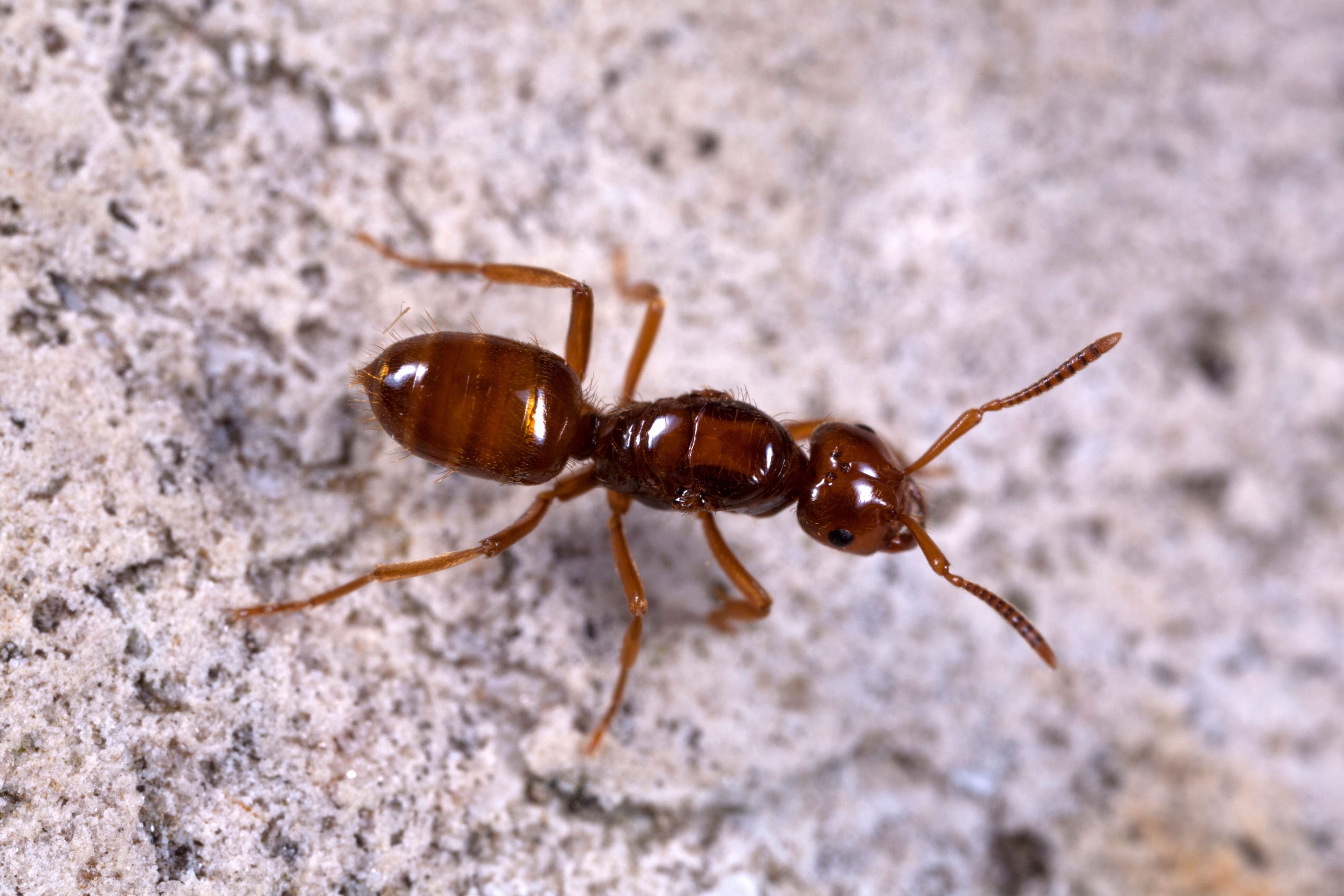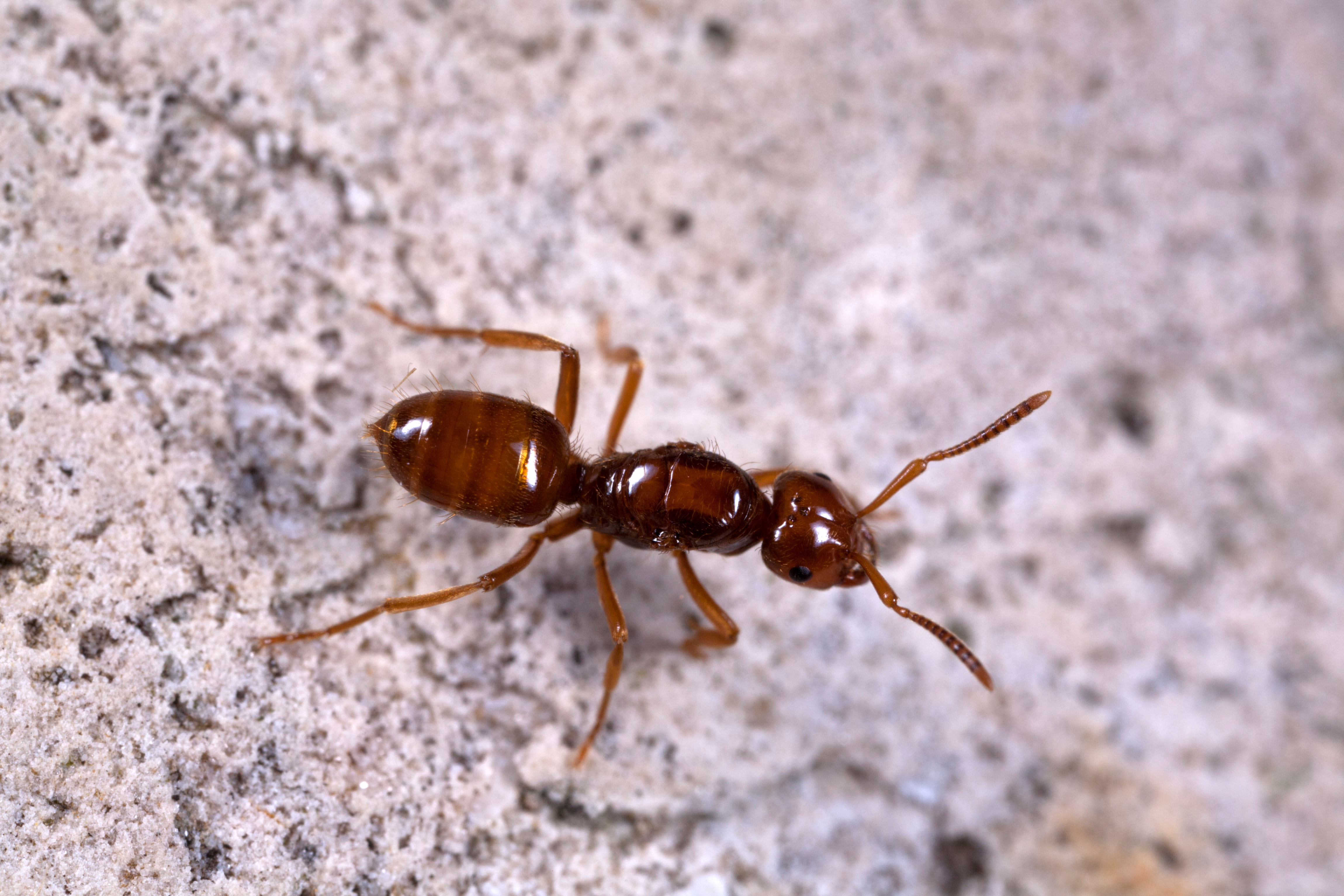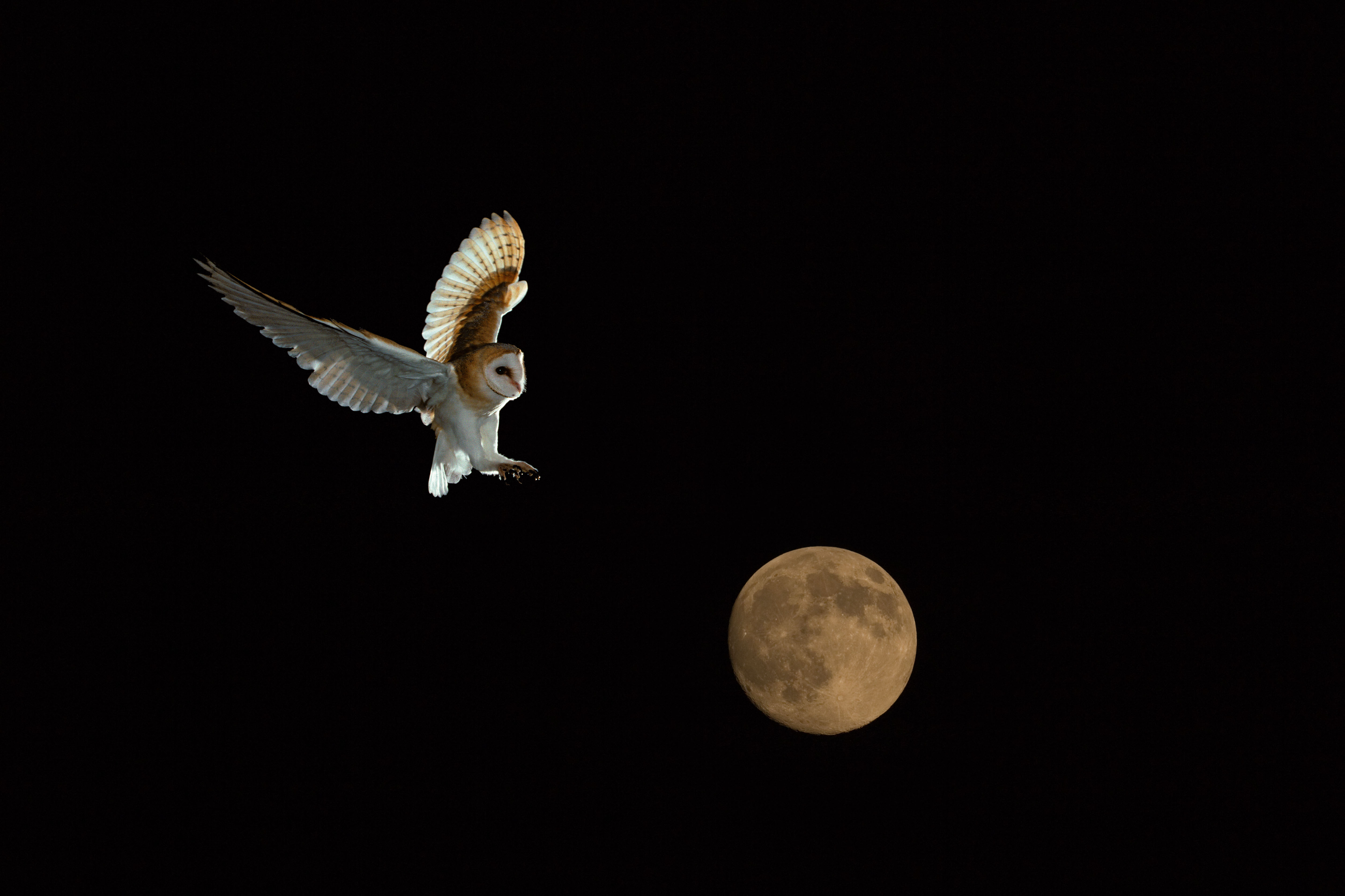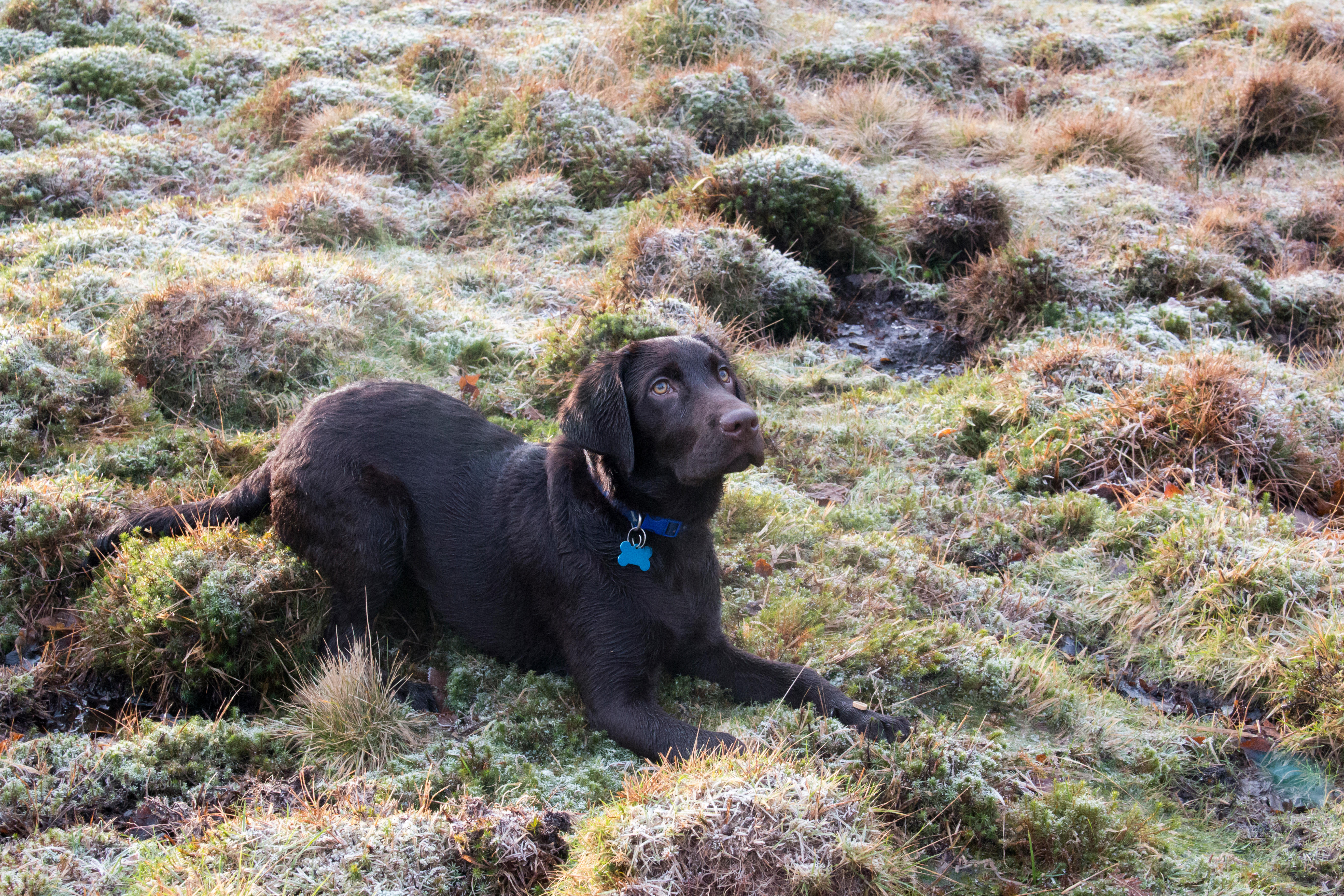Curious Questions: Why are the least consequential choices the hardest to make?
Research has shown that humans and ants are similarly irrational in their decision-making tendencies.

A study published in the Royal Society journal Biology Letters has supported the theory that the hardest choices to make are often the least consequential.
Researchers from the University of Georgia explored the decision-making behaviour of rock ants, Temnothorax rugatulus, by presenting them with a choice of new colonies. The ants, who live in colonies in rock crevices across Britain and Europe, are at risk when outside and therefore must act quickly when emigrating to new digs.
The team found that when presented with an inferior colony, brightly lit and offering little protection from potential predators, alongside one of two superior settings, the ants made a speedy decision. However, they struggled to do so when faced with the two similarly attractive colonies, which were both narrow and dark.
The individual ant took almost twice as long to decide when given two acceptable options compared with when the decision was obvious.
The process was reversed when the ants worked as a team, and the insects benefitted from the wisdom of the colony. Groups of ants behaved more rationally and took less time to choose between the similar habitats than those with significant differences.

When the ants worked together they were able to assess both options in parallel, rather than comparing and accumulating evidence for each option separately, according the researchers.
Unlike humans and single ants they behaved rationally, making a faster decision over the habitats that were similar.
Exquisite houses, the beauty of Nature, and how to get the most from your life, straight to your inbox.
'Previous studies have shown that collective decision-making allows ant colonies to avoid certain irrational errors. Here we show that the same is true for time investment,' they said.
'Individual ants, like humans, irrationally took more time to complete an emigration when choosing between two similar nests than when choosing between two less similar nests. Whole colonies, by contrast, rationally made faster decisions when the options were more similar.'
So there you have it. It doesn't matter if you're buying a house or choosing what box set to binge next. If it's clearly a winner, you'll jump in headfirst. But when it comes to something that seems as if it'll be just as rewarding (or unrewarding) as the next option, making your choice can be pure agony.

Credit: Alamy Stock Photo
How white-feathered barn owls terrify their prey into submission: 'It’s like a ghost coming on it'
Scientists have found white owls are superior in their hunting ability to their darker counterparts.

Credit: Alamy Stock Photo
'We have been systematically shaping the brains of another species': Study reveals full impact of selective dog breeding
Selective breeding in dogs influences far more than their outer appearance.